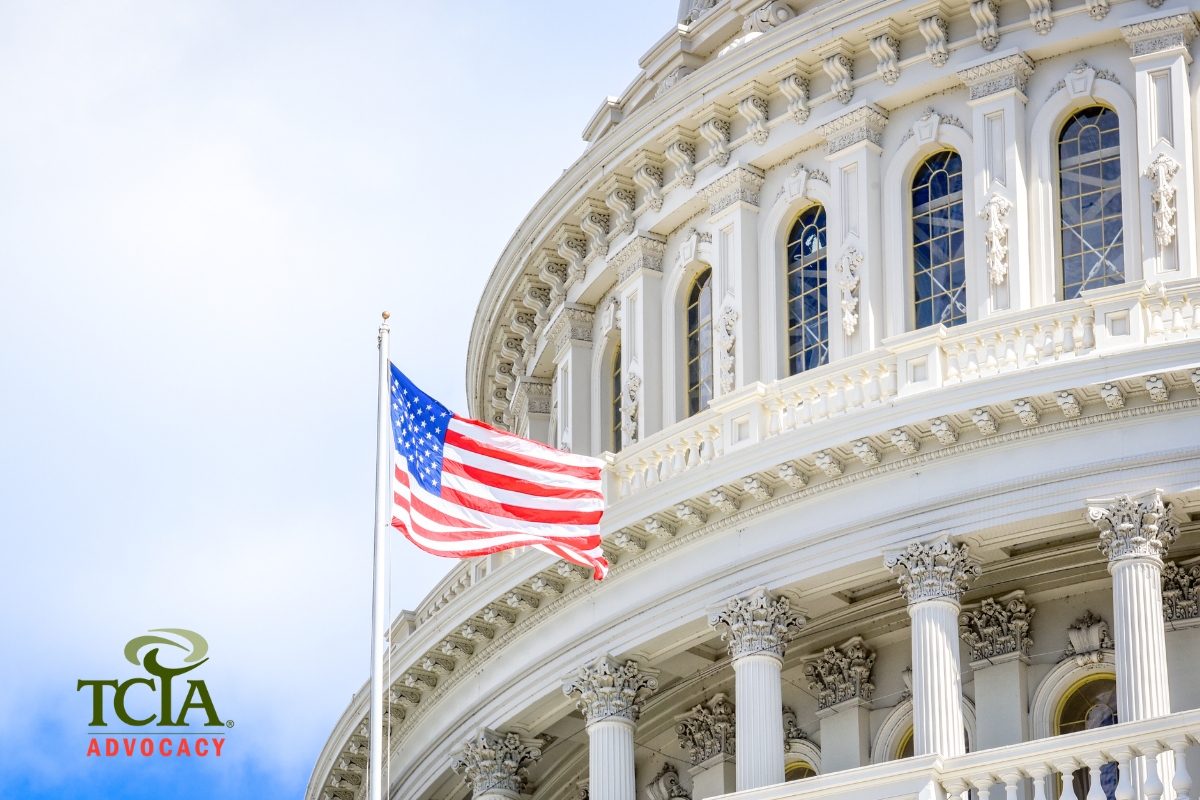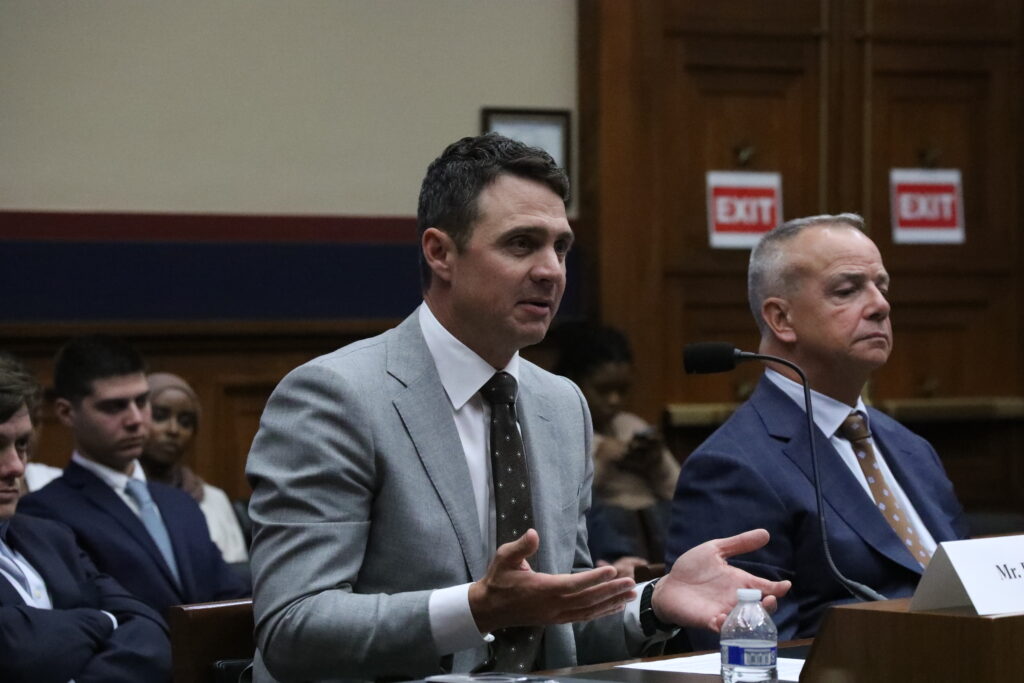
On May 20, 2025, the Federal Motor Carrier Safety Administration (FMCSA) issued an internal policy memorandum revising its enforcement procedures related to the English language proficiency (ELP) requirement under federal regulations. The memorandum restores the authority for FMCSA inspectors to place commercial motor vehicle (CMV) drivers out-of-service for failing to meet the ELP standard, contingent on changes adopted by the Commercial Vehicle Safety Alliance (CVSA).
The update follows Executive Order 14286, “Enforcing Commonsense Rules of the Road for America’s Truck Drivers,” issued by President Trump on April 28, 2025, which directed FMCSA to rescind its 2016 enforcement policy and to issue new guidance for ensuring compliance with 49 CFR § 391.11(b)(2). In accordance with the Executive Order, CVSA voted on May 1, 2025, to reincorporate violations of the ELP requirement into the North American Standard Out-of-Service (OOS) Criteria, effective June 25, 2025.
Background
Under 49 CFR § 391.11(b)(2), CMV drivers must be able to “read and speak the English language sufficiently to converse with the general public, to understand highway traffic signs and signals in the English language, to respond to official inquiries, and to make entries on reports and records.”
From 2005 through 2015, ELP violations were included in CVSA’s out-of-service criteria, and FMCSA policy directed inspectors to remove noncompliant drivers from service. That approach changed in 2015 when CVSA removed § 391.11(b)(2) from its criteria. FMCSA followed in 2016 with a policy memorandum that instructed inspectors to cite drivers for ELP violations but not place them out-of-service.
2025 Policy Memorandum Summary
FMCSA’s May 20, 2025 policy memorandum rescinds the 2016 policy and establishes revised enforcement procedures for ELP compliance. The memorandum instructs all FMCSA inspectors to begin roadside inspections in English. If a driver appears unable to understand the initial instructions, the inspector must conduct an ELP assessment, consisting of:
- A driver interview conducted entirely in English, without the use of interpreters, cue cards, or translation tools; and
- If necessary, an evaluation of the driver’s ability to understand U.S. highway traffic signs, including changeable (dynamic) message signs, based on examples from the Manual on Uniform Traffic Control Devices (MUTCD).
If the inspector determines that the driver cannot adequately respond to official inquiries in English, the driver is to be cited for a violation of § 391.11(b)(2). Once CVSA’s revised OOS criteria become effective on June 25, 2025, inspectors are also authorized to place the driver out-of-service for this violation. In certain cases, FMCSA personnel may initiate a separate driver disqualification process.
The policy memorandum applies to all FMCSA enforcement personnel conducting inspections in the United States, with exceptions for inspections conducted in Puerto Rico, Guam, the Northern Mariana Islands, and American Samoa. In U.S.–Mexico border commercial zones, inspectors should cite drivers for ELP violations but are not to take follow-on actions such as placing the driver out-of-service or initiating disqualification.
The memorandum also reaffirms that drivers who are hearing-impaired and have obtained an exemption under § 391.41(b)(11) shall not be deemed unqualified under the ELP requirement if they are able to read and write in English, even if they cannot speak.
Motor Carrier Guidance
FMCSA has also released a companion FAQ document for motor carriers outlining how to assess a driver’s English language proficiency during the qualification process. The agency recommends that carriers conduct an interview in English—without interpretation tools—and evaluate whether the driver can communicate effectively and understand U.S. highway signs. The full FAQ is available here.
What’s Next
In parallel with FMCSA’s enforcement policy update, Reps. Dave Taylor (R-OH) and Harriet Hageman (R-WY) introduced a bill on May 23 to codify English language proficiency requirements and require out-of-service action for violations. TCIA will continue to track the legislation and related policy activity.
Your Voice in Washington. TCIA advocates Washington on behalf of all our members, and the tree care industry at large. We work to ensure lawmakers understand the unique challenges and risks of our profession, while pushing for industry-specific legislation that supports safety, growth, and operational success. Learn more about TCIA’s advocacy efforts.


